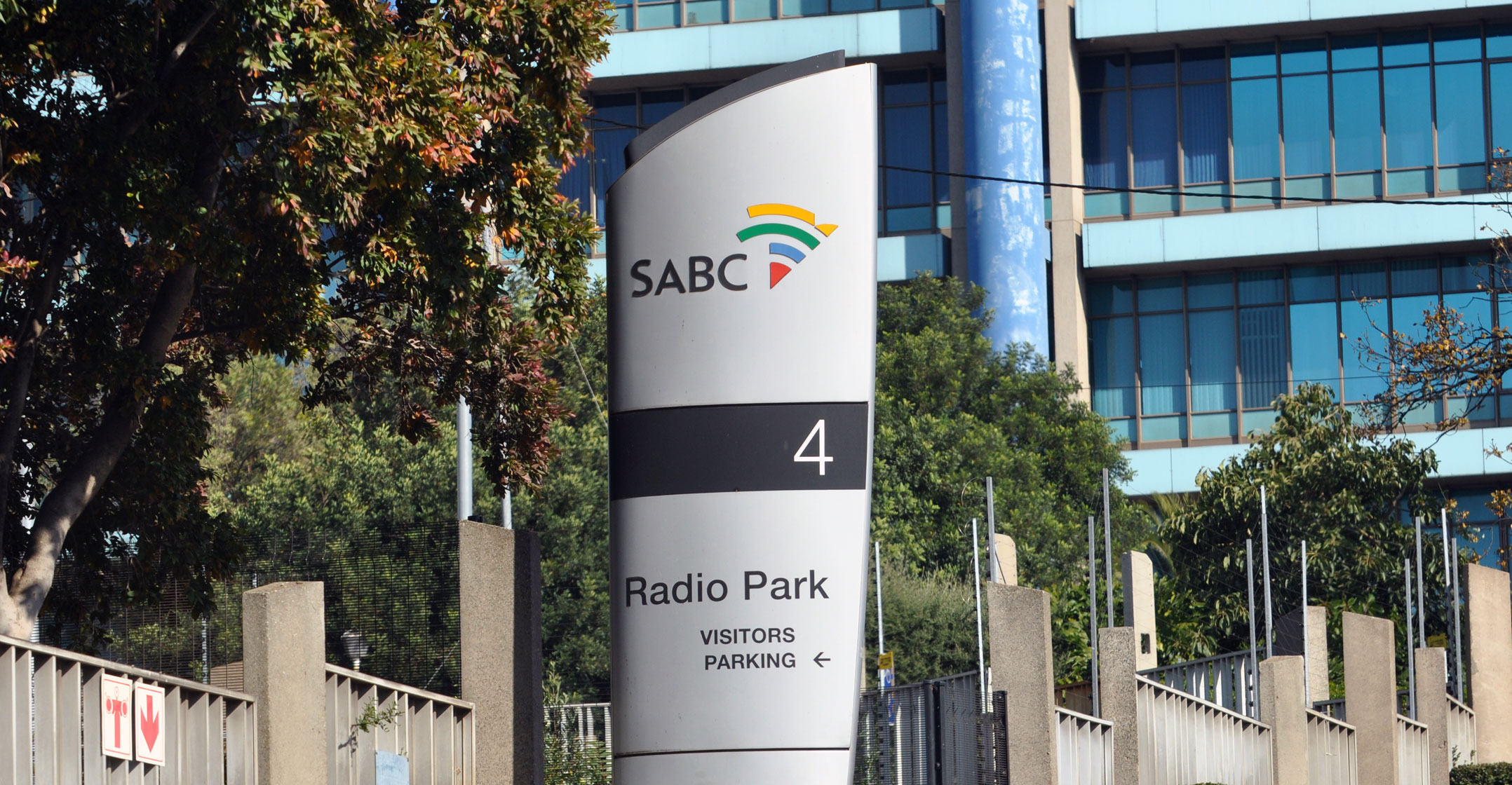 The SABC’s fight with Sentech over tariffs is going from a skirmish to a full-blown public confrontation. The stakes couldn’t be higher — for both sides.
The SABC’s fight with Sentech over tariffs is going from a skirmish to a full-blown public confrontation. The stakes couldn’t be higher — for both sides.
TechCentral has learnt that the SABC has written to both the Competition Commission and communications regulator Icasa over what it calls Sentech’s “unfair and anticompetitive pricing”, and urged both regulators to investigate.
The SABC’s move sets the stage for a showdown between two state-owned entities, and it’s a fight that may ultimately have to be settled through political mediation.
In its letter to Icasa, which TechCentral has seen, SABC chief operating officer Ian Plaatjes implores the regulator to complete a probe into Sentech’s broadcasting signal carriage fees. Plaatjes has also written to the Competition Commission, asking it to investigate formally Sentech’s “conduct”.
This clash has been coming for some time. In October last year, the SABC told the parliamentary portfolio committee on communications that it simply cannot afford to pay Sentech’s “prohibitive” fees for broadcast signal distribution and that these fees must be cut in half, or by R500-million.
Biggest client
The SABC is by far Sentech’s biggest client. A sharp reduction in the fees the broadcaster pays to distribute its signals would have an adverse financial impact on Sentech, which, ironically, used to be a division of the SABC before being spun out in 1996 at the behest of the Independent Broadcasting Authority (now Icasa).
Plaatjes told the portfolio committee last year that although the SABC supports government-to-government business, the signal distributor’s pricing cannot be massively out of kilter with alternative providers in the private sector. (Read: We cannot afford your services anymore, SABC tells Sentech.)
He said the SABC’s fees to Sentech are its second largest cost after salaries. The biggest cost for a public broadcaster should be content, followed by salaries and then only signal distribution, he said.
 Over the past five years, the SABC has spent more than R3.2-billion with Sentech. If it continues paying these fees at this level, the SABC “will not be sustainable” as a business, according to Plaatjes. Sentech’s costs have continued to escalate annually, despite “technology improvements decreasing the cost of distribution”, he said.
Over the past five years, the SABC has spent more than R3.2-billion with Sentech. If it continues paying these fees at this level, the SABC “will not be sustainable” as a business, according to Plaatjes. Sentech’s costs have continued to escalate annually, despite “technology improvements decreasing the cost of distribution”, he said.
Sentech CEO Mlamli Booi told TechCentral when the issue surfaced in parliament last year that the company would engage with the SABC around the “issues that are paining them”. Booi didn’t immediately respond on Wednesday to a request for comment on the latest developments.
In its letter to Icasa, the SABC said that as the public broadcaster it is required by law to make its radio and television services available throughout South Africa.
“The SABC has over the years to date depended on Sentech as the only signal distributor that owns critical infrastructure such as high sites and transmitters to reach its audiences to fulfil its universal service mandate,” Plaatjes wrote in the letter.
“The relationship between the SABC and Sentech is regulated through a master transmission agreement. The previous five-year agreement expired on 31 March 2021. The current agreement was renewed on a three-month basis and no long-term agreement will be considered outside of fair-value tariffs.”
‘Monopoly pricing’
Plaatjes said Sentech imposes “monopoly pricing” on the SABC for analogue and digital terrestrial television transmission. It also charges too much for radio and satellite services, he said. The tariffs for these services are regulated in terms of the Electronic Communications Act. Under the act, any licensee that provides broadcasting signal distribution or multi-channel distribution services must, when determining its tariffs, consider “the nature and technical parameters of the service provided to each broadcasting licensee with a view to ensuring that the different tariffs are appropriate to and commensurate with the various broadcasting services to which they relate”.
“The SABC is of the view that the Sentech tariffs are not appropriate or correct… The details of the various costs per service and per transmission site have been requested from Sentech with the objective of understanding how the structure of the cost for each was derived. Sentech has not been cooperative in this regard for the past two years,” Plaatjes said.
 “Sentech’s conduct is unfair against the SABC, is anticompetitive and is impacting the stability of the corporation,” he added.
“Sentech’s conduct is unfair against the SABC, is anticompetitive and is impacting the stability of the corporation,” he added.
The SABC now wants Icasa to revisit an undertaking it apparently gave the public broadcaster in 2013 to investigate the fees that Sentech charges for signal distribution.
Asked for formal comment on its decision to approach Icasa and the Competition Commission, a spokesman said the SABC “respects its engagements with stakeholders on critical matters and therefore cannot go into the details of the letters”.
Sentech, for its part, said it is unable to comment. “We would like to respect the client and our relationship with them,” a spokeswoman said via e-mail. “It would therefore be amiss for us to comment on a letter we were not the recipients of.”
The Competition Commission and Icasa were also asked for comment but hadn’t responded by the time of publication. — © 2021 NewsCentral Media




